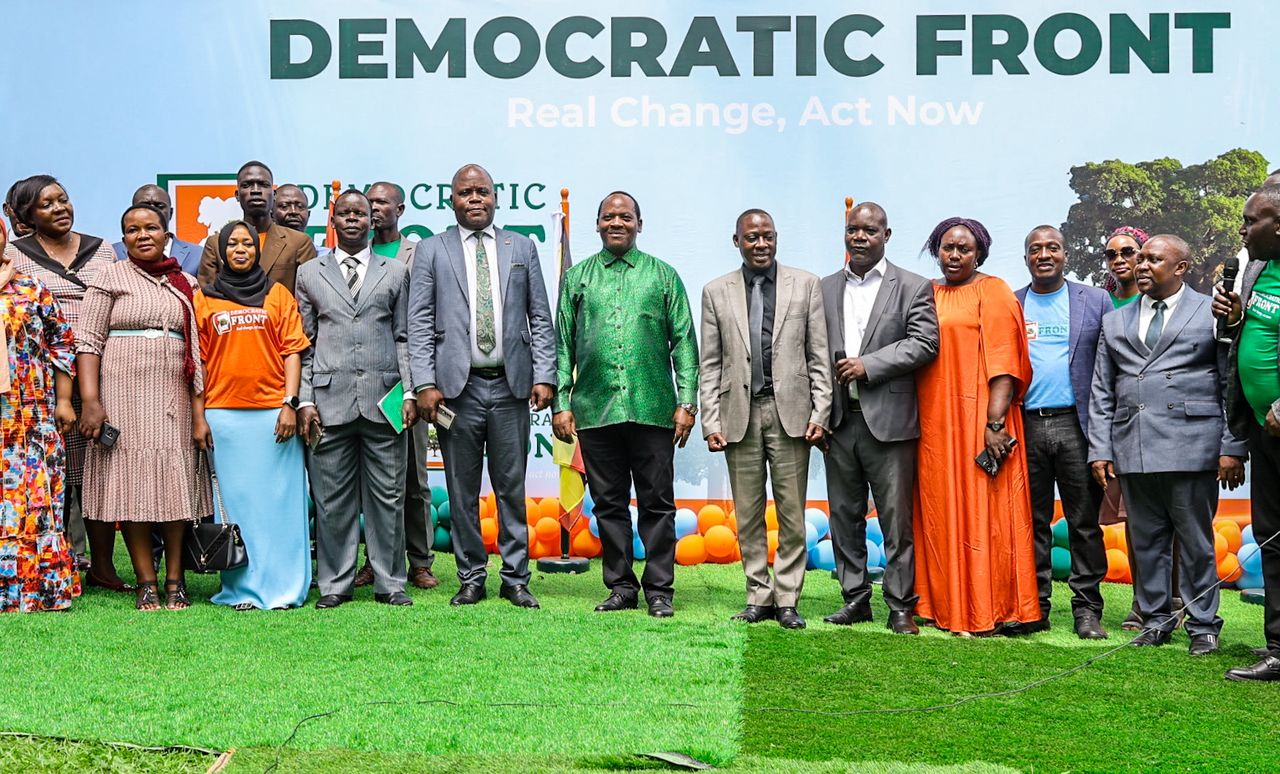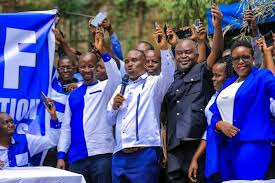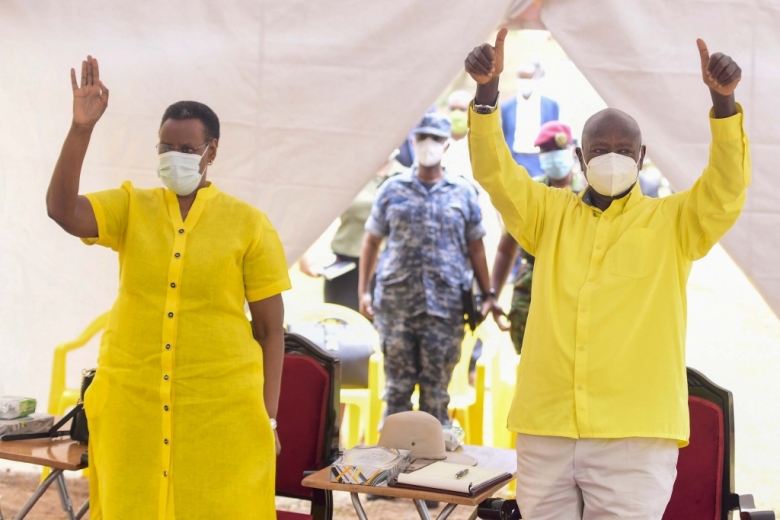In ancient Greek mythology, the legendary hero Achilles was renowned for his strength. Dipped into the magical River Styx by his mother Thetis, he was rendered invulnerable everywhere except for the single point where she held him: his heel. It was this seemingly minor, solitary vulnerability that ultimately proved fatal, leading to his demise from a poisoned arrow. For all his might and prowess, his overwhelming strength was ultimately undone by one critical, unaddressed weakness.
Echoing this tragic theme from another ancient text, the biblical story of Samson similarly illustrates how immense strength can be undone by a singular, exploitable flaw. Endowed with supernatural power by God, Samson’s strength lay in his uncut hair, a symbol of his Nazirite vow.Despite his ability to tear lions apart and slay thousands with a jawbone, his downfall came through a young girl-Delilah, who, by discovering and exploiting the secret of his hair, rendered him weak and vulnerable to his enemies.
Both Achilles and Samson, formidable in their respective narratives, ultimately fell not due to overwhelming external force, but because a single, internal, and often overlooked weakness was exploited. This powerful dual metaphor finds a striking parallel in the enduring struggle of Uganda’s political opposition. For nearly four decades, the National Resistance Movement (NRM) and its leader, President Yoweri Museveni, have maintained an unwavering grip on power. While the NRM’s dominance is multifaceted, encompassing sophisticated historical legitimacy, and an astute political direction, the persistent and arguably self-inflicted wound of fragmentation within the opposition remains its most glaring vulnerability. As a political analyst observing the lead-up to the 2026 general elections in Uganda, it is unequivocally clear that this chronic disunity, much like Achilles’ heel or Samson’s hair, continues to be the perennial weakness that undermines the collective strength of those chest thumping as an alternative leadership pathway for Uganda’s democratic governance.
A History of Division
Historically, Ugandan politics has been marked by deep-seated divisions, often along ethnic, religious, or ideological lines. Even before the NRM came to power, the post-independence era was characterized by political instability partly fueled by a fractured political class. The NRM, paradoxically, initially proved to be a unifying force, especially during the Movement System where figures like Dr. Paul Kawanga Ssemwogerere, the erstwhile Democratic Party (DP) President, and many others served. However, as dissenting voices grew within the Movement, and as the country transitioned back to a multi-party system, the NRM inadvertently deepened the very divisions it had intended to heal by succumbing to calls for a referendum to return to multi-party politics. This inherent crack within the Movement, coupled with the consistent splits within other political parties towards every election cycle, has continuously allowed the NRM to leverage opposition disarray to its advantage.

The Cost of Disunity: Consequences of Fragmentation
The consequences of this fragmentation are profound and consistently play into the NRM’s hands. A disunited opposition has always struggled to present a credible, unified front to the electorate, making it difficult for voters to perceive a clear alternative to the incumbent. This disunity dilutes resources, prevents the formation of broad-based coalitions, and stifles the development of a cohesive national agenda that transcends individual party interests. Moreover, fragmentation makes opposition parties more susceptible to inter-party infiltration, co-optation by the incumbent NRM, or simply distrust among themselves, further weakening their collective impact.
A Fractured Landscape: The State of Uganda’s Opposition: Examining the current state of Uganda’s opposition reveals this fragmentation in stark terms:
The National Unity Platform (NUP): While emerging as the leading opposition party in 2021, NUP, despite its significant youth appeal and strong base in the central region, is not without its internal fractures. The recent fallout with prominent figures like Hon. Mathias Mpuuga, reportedly leading to the formation of the Democratic Front (DF), underscores the challenge of maintaining cohesion even within a relatively new and dynamic movement. While NUP is viewed as a formidable force, it has not yet managed to fully unite the broader opposition under its banner, partly due to perceptions of its own leadership style, cult-like tendencies, and or its strategic and undefined ideological orientations.
The Uganda People’s Congress (UPC) and Democratic Party (DP): These are historic parties with rich legacies, yet their current state epitomizes fragmentation. They have seen their influence wane dramatically, suffering from internal wrangling, leadership disputes, and a continuous hemorrhaging of members and political capital to newer or more dominant forces. For instance, the Social Democratic Party (SDP), led by Michael Mabikke, emerged as a splinter from the DP in previous election cycles, highlighting how internal disagreements within older parties lead to new formations. Their inability to adapt or find common cause with other significant opposition players leaves them largely marginalized in the national discourse. Their historical baggage sometimes acts as a barrier to contemporary relevance, especially with glaring records of atrocities committed against people with dissenting ideologies.
The People’s Front for Freedom (PFF) and the FDC Saga: The recent emergence of the PFF, led by Dr. Kizza Besigye after a split from the Forum for Democratic Change (FDC), is a poignant example of the ongoing fragmentation within the opposition’s historically strongest parties. Indeed, the FDC seems to be topping the chart for the most fractured political party since the 2000s.
Previous splits include the Federal Alliance by Betty Namisango Kamya, the Alliance for National Transformation (ANT) by Gen. Mugisha Muntu, and a general paralysis rendered by the People Power movement in the drive towards the 2021 elections. These successive splits within the FDC, once the leading opposition force by 2016, further dilute its strength and proliferate an already crowded and divided field.
The Democratic Front (DF): The emergence of the DF by Hon. Mathias Mpuuga, if confirmed and solidified, ironically adds another layer of fragmentation. While it may attract individuals disillusioned with existing structures, its very creation from within a larger opposition bloc (NUP) demonstrates the persistent challenge of internal cohesion. Its impact will depend on its ability to carve out a distinct identity without further debilitating the collective opposition effort, yet its assumed leader still faces scrutiny from a greater section of the citizenry, who perceive him as a corrupt disgruntled leader, whose intentions are not genuinely pro-Uganda, but rather a cover-up for fear of being pushed to political oblivion.
The Rise of Pressure Groups and Suubi: Beyond formal political parties, Uganda’s opposition landscape also features the intermittent rise of pressure groups. Entities like Suubi, an offshoot of the Democratic Party (DP), which gained prominence in past elections, often emerge around popular individuals or specific causes, drawing support that might otherwise coalesce around established parties. While these groups can be potent mobilizers, their non-partisan or loose structures can also contribute to the overall fragmentation, as their influence may not translate into a unified political platform or sustained party building. They sometimes act as temporary vehicles, further complicating efforts at long-term opposition unity.
Other Smaller Parties: Numerous other opposition parties exist—such as the Justice Forum (JEEMA) and People’s Progressive Party (PPP)—many of which hold a few seats or none at all. Their limited national reach, internal squabbles, and chronic resource constraints mean their collective influence is often negligible, further emphasizing the scattered nature of the opposition.

Why Fragmentation Persists
Several factors account for this persistent fragmentation:
Personality Cults and Leadership Ambitions: Too often, the pursuit of individual power overshadows the collective good, leading to splinter groups and a reluctance to cede ground or unite under a single leader. The desire for a presidential flag-bearer position frequently trumps the perceived need for a united front.
Lack of Clear Ideological Delineation: While some parties have broad ideological leanings, concrete policy differences often blur, making it difficult to find common ground beyond a shared desire to remove the NRM and President Museveni. This ideological vagueness makes unity harder to forge around a common vision.
Resource Scarcity: Limited funding and organizational capacity prevent opposition parties from building robust grassroots structures that could foster greater unity and coordination. This scarcity often leads to internal competition for limited resources.
The 2026 Outlook: A Blurry Horizon
As we approach 2026, the election outlook remains blurry, but not primarily due to the commonly perceived NRM and President Museveni’s rigging of the election, nor solely because of the presence of the military in the electoral process, or even just state repression. Instead, the fundamental reason for this ambiguity lies in the opposition’s persistent inability to overcome its fragmentation. Much like Achilles, whose immense strength was negated by one unshielded point, or Samson, whose divine power was stripped away by a hidden weakness, the opposition’s potential to challenge the NRM is continuously compromised by its internal divisions. Without a unified, coherent, and well-resourced alternative, the electorate is presented with a diluted choice, reinforcing the NRM’s ostensibly irrefutable position. For any meaningful shift in Uganda’s political landscape, this perennial Achilles’ heel of fragmentation must be decisively addressed. Otherwise, we brace ourselves for a familiar cycle of blame games, allegations of rigging, and “stolen victory” claims, all while it remains obvious that without a united force, the NRM is still too strong for an already weak and fractured opposition.
Mutesi Mary is a Lawyer and public policy consultant.




